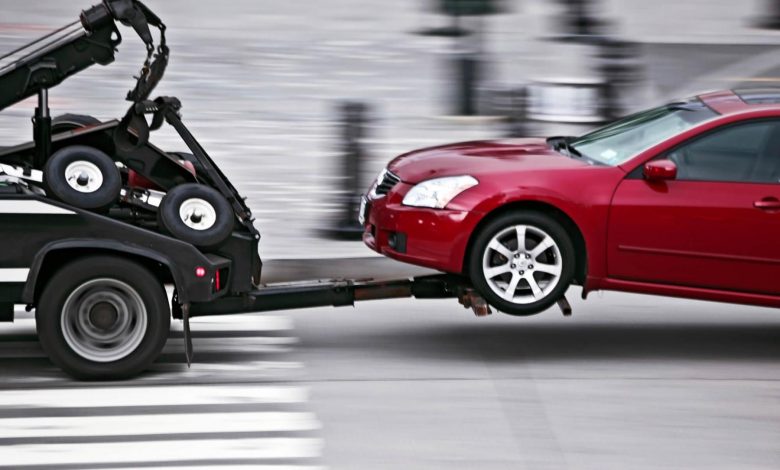How to Choose the Right Tires for Towing and Hauling

How to Choose the Right Tires for Towing and Hauling
Introduction
If you frequently tow or haul heavy loads, you understand the importance of having the right tires on your vehicle. The type of tires you choose can significantly impact your vehicle’s performance, safety, and overall towing capability. In this article, we will guide you through the process of choosing the right tires for towing and hauling, ensuring a smooth and safe journey.
Factors to Consider
Tire Load Rating
One of the most critical factors when selecting tires for towing and hauling is the load rating. The load rating indicates how much weight each tire can support. To determine the appropriate load rating for your vehicle, you need to consider the weight of the cargo you typically tow or haul, as well as the weight of the vehicle itself. It is crucial to select tires with a load rating that exceeds your cargo’s weight, ensuring the tires can handle the added stress.
Tire Size and Type
The tire size and type also play a significant role in towing and hauling capabilities. Generally, choosing larger tires with a higher load-carrying capacity can enhance stability and control when hauling heavy loads. Additionally, opt for tires with a robust construction, such as all-terrain or commercial-grade tires, as they provide superior durability and traction.
Traction and Tread Pattern
When towing or hauling, having strong traction and grip is vital for safe driving. Look for tires with an aggressive tread pattern that can effectively channel water, prevent hydroplaning, and provide excellent grip on various terrains. All-terrain tires with deeper tread grooves and sipes can deliver enhanced traction and versatility, making them a suitable choice for towing and hauling purposes.
Consider the Weather Conditions
If you often tow or haul in different weather conditions, it’s essential to choose tires that can handle these variations. For instance, if you frequently encounter snowy or icy roads, consider investing in winter tires with the appropriate traction rating. All-season tires can be a great choice for year-round towing and hauling in moderate climates, offering a balance between performance and reliability.
FAQs
Q: How often should I replace my towing and hauling tires?
A: The lifespan of towing and hauling tires can vary depending on several factors, such as driving habits, road conditions, and tire maintenance. As a general rule, it is recommended to replace your tires every six years, regardless of their tread depth. However, regularly inspecting your tires for signs of wear and tear, such as uneven tread wear or sidewall damage, is crucial. If you notice these issues, it’s best to replace your tires promptly.
Q: Can I use regular passenger car tires for towing and hauling?
A: While regular passenger car tires can handle light loads, they might not be suitable for towing or hauling heavy cargo. Towing and hauling place additional stress on the tires, and using tires with a higher load-carrying capacity is essential for optimal performance and safety. Therefore, it is recommended to use tires specifically designed for towing and hauling, such as all-terrain or commercial-grade tires.
Q: Do I need to adjust tire pressure when towing or hauling?
A: Yes, it is recommended to adjust the tire pressure when towing or hauling. When carrying heavy loads, the tire pressure needs to be increased to accommodate the extra weight. Consult your vehicle’s manual or the tire manufacturer’s guidelines for the recommended tire pressure when towing or hauling. Remember to check the tire pressure regularly, as it can fluctuate due to temperature changes and long-distance driving.
Conclusion
Choosing the right tires for towing and hauling is crucial for a safe and successful journey. Considering factors such as load rating, tire size and type, traction, and weather conditions will enable you to make an informed decision. By selecting the appropriate tires, you can enhance your vehicle’s towing and hauling capabilities, ensuring a smooth and secure experience. Remember to regularly inspect and maintain your tires to maximize their lifespan and performance.